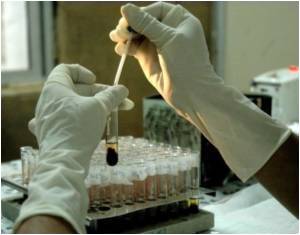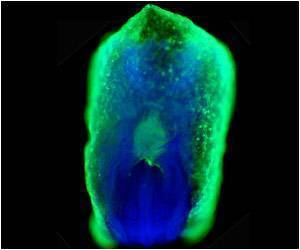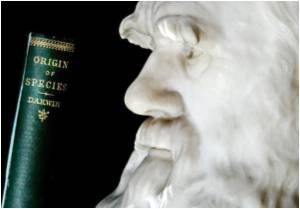Using simulations of an evolving protein, experts show that genetic mutations that are accepted by evolution are dependent on mutations that came before.

The study focuses exclusively on the type of evolution known as purifying selection, which favors mutations that have no or only a small effect in a fixed environment. This is in contrast to adaptation, in which mutations are selected if they increase an organism’s fitness in a new environment. Purifying selection is by far the more common type of selection.
It’s the simplest, most boring type of evolution one can imagine, Joshua B. Plotkin said, adding that purifying selection is just asking an organism to do what it’s doing and keep doing it well. This result that later mutations were dependent on the earlier ones demonstrates a feature known as contingency. In other words, mutations that are accepted by evolution are contingent upon previous mutations to ameliorate their effects.
There is intrinsically a huge amount of contingency in evolution, Plotkin said, noting that whatever mutations happen to come first set the stage for what other later mutations are permissible. Indeed, history channels evolution down a certain path.
Source-ANI









